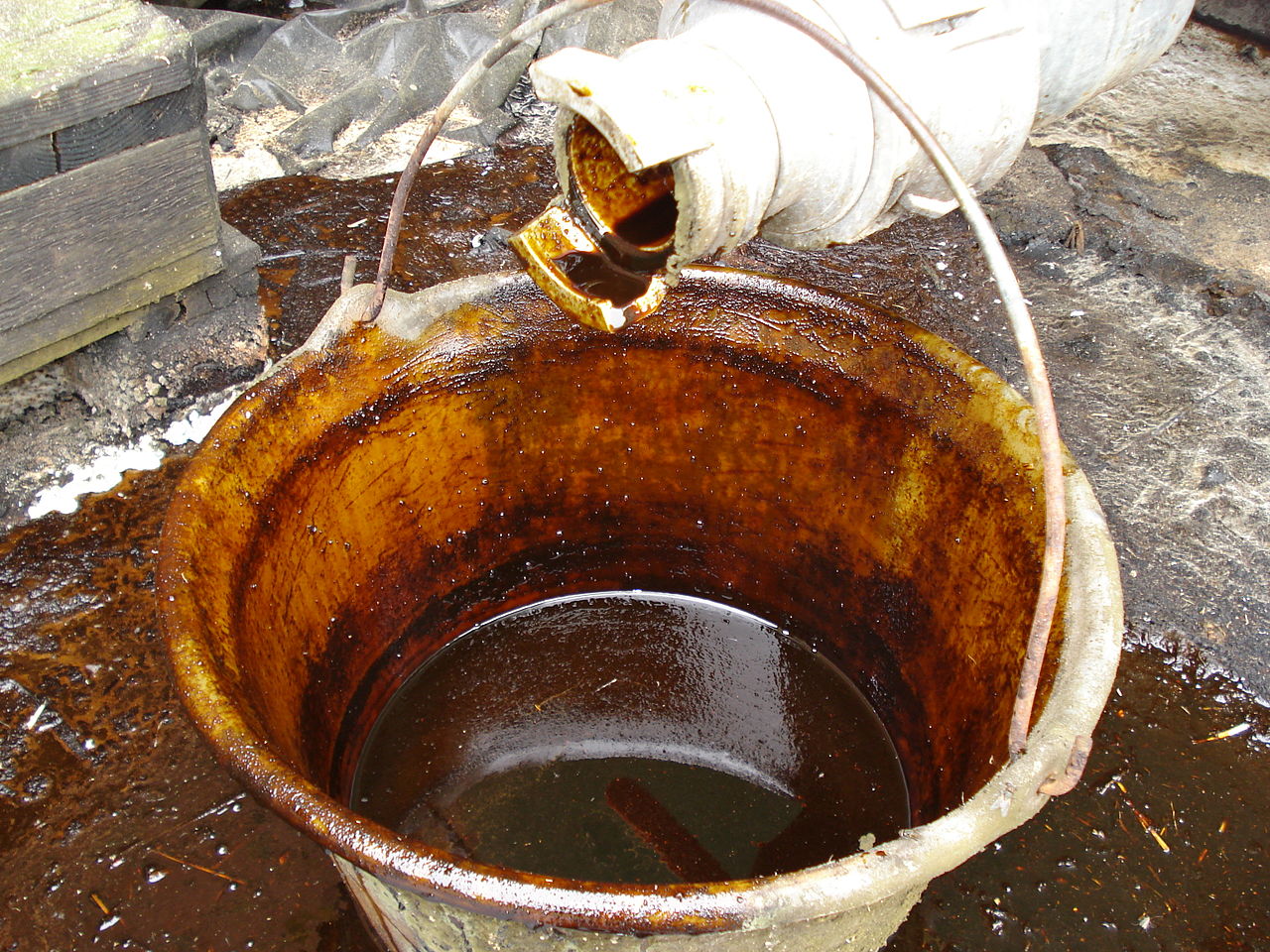Over the years, growers have employed various techniques to spur crop growth, build immunity, and increase yields. While there are many boost products on shelves today, people still prefer organic nutrients to chemically-manufactured fertilizer. Organic nutrients are kinder to plants— rich, safe, and mostly, low cost. Molasses is one of the wonder brews for the cannabis plant. In this article, we look at molasses, and if too much of it can hurt your plant.
Table of Contents
What Is Molasses?
 Molasses is a highly viscous by-product of sugar refinement. When raw sugarcane juice is boiled repeatedly, sugar is stripped from the syrup, and molasses is left behind. Molasses contains a lot of minerals and residual sugars. It is beneficial as a cooking syrup and also a great source of carbohydrates for the microbes in the soil.
Molasses is a highly viscous by-product of sugar refinement. When raw sugarcane juice is boiled repeatedly, sugar is stripped from the syrup, and molasses is left behind. Molasses contains a lot of minerals and residual sugars. It is beneficial as a cooking syrup and also a great source of carbohydrates for the microbes in the soil.
Can Too Much Molasses Kill A Plant?
Molasses is generally beneficial to the growth of weed. It poses minimal risk to the plant if used correctly due to its organic nature. However, too much of it can be detrimental to the plant, mainly when used as an added nutrient to an existing feeding regime.
Molasses Best Used in Cannabis Growth
Not all molasses is the same as they differ in quality and nutrient content. Organic molasses is the best for weed cultivation as it does not contain preservatives or additives that may be detrimental to your weed. There exist sulfured and unsulfured molasses.
nutrient content. Organic molasses is the best for weed cultivation as it does not contain preservatives or additives that may be detrimental to your weed. There exist sulfured and unsulfured molasses.
The sulfured molasses contains sulfur dioxide, which is an antimicrobial substance, which means it will kill the beneficial microbes in the soil. The best molasses to use is the unsulfured one as it will feed the weed plants without killing the microbes that help promote growth.
Also, consider the quality of molasses. Blackstrap molasses, which are ordinarily dark-colored, are regarded as the best by weed growers since they contain high calcium, iron, potassium, magnesium, and vitamin B.
Why Use Molasses?
Using molasses is popular among weed growers due to its ease of use and low cost. The plant-specific benefits of using molasses to grow weed are;
1. Feeds the microbes
Molasses act as food to the beneficial microbes in the soil, which, when breaking down carbohydrates in the soil, produce carbon dioxide used by plants. Therefore, molasses help weed plants grow bigger by enriching the soil and improving the growth environment.
2. Works as an insecticide
Molasses can be used as an organic insecticide since insect bodies cannot process sugar, and they die once they ingest it. Some growers spray the plant with molasses to keep them from insects.
3. Prevents nutrient lockout
The use of chemical nutrients can result in a salt buildup in the soil. If unchecked, this can result in a pH imbalance in the soil resulting in a nutrient lockout—a state where the plant cannot absorb nutrients.
Other benefits of molasses in cannabis growth include;
- It improves soil structure and water retention
- Enriches the soil with essential vitamins and minerals
- Prevents pathogen buildup
When to Use Molasses in Cannabis Plants
You can water your weed plants with molasses-infused water during any stage of the plants’ growth. However, molasses is known to be more beneficial at the flowering stage. If you’re using soil as a growth medium, you can use molasses during all plant growth stages to provide constant nutrients to the microbes.
How to Use Molasses
Molasses is beneficial to your plant’s health. It improves its

growth and keeps it safe from insects. Molasses is also popular because it can be used in various stages of the plant’s development.
Molasses can either be used as a regular nutrient, made into composts and compost teas, or as foliar spray.
How much molasses is used depends on the strain of weed plants and their nutrient requirements. Dosage is highly dependent on environmental factors such as light intensity and temperature—exercise caution when starting. Low dosages of 4 to 5 ml of molasses per liter of water should be the starting point. You will increase the dosage gradually to peak during the flowering stage when the plant needs more potassium.
Can Weed Overdose on Molasses?
Too much of anything is poisonous. Even though the risk of overfeeding the weed plants with molasses is lower than with other supplements, you should observe the plants for any signs of nutrient burn or stress, especially if molasses was added to an existing feeding regime.
When used in excess, molasses can cause the microbes in the soil to create anaerobic conditions, translating to low oxygen levels for the roots. This problem can be solved by watering the plant to introduce fresh air into the roots.
In Conclusion
Any cultivation technique that is not correctly applied can cause detrimental effects to weed plants. Molasses is no exception. However, being organic, it isn’t easy to overdose your plant on it. It gives more room to play with varied ratios.

